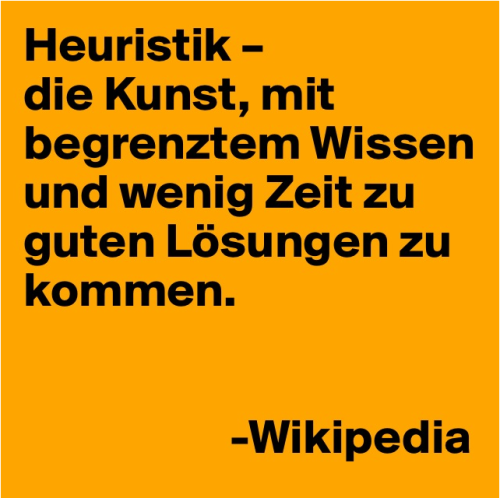Giants.
Why does google scholar labels itself with “Stand on the shoulders of giants”?
My husband mentioned this quote last week. Obviously its taken from a letter written by Isaac Newton to Robert Hooke on 5 Feb 1676: “What Des-Cartes did was a good step. You have added much several ways, & especially in taking ye colours of thin plates into philosophical consideration. If I have seen further it is by standing on ye shoulders of Giants.”
Newton meant that by using ideas and knowledge contributed by people before you, you can develop your own view of the world and contribute your own ideas in an effort to expand the knowledge of this world. So by surfing scholar.google you can read the cognitions in all those scientific papers and thats when you’re standing on the shoulders of giants (great scientists) enjoying a great view. And maybe you can see things that others have overlooked, or because you can think outside the box and be creative.
I also found this nice (creative) interpretation of this quote on google: “That quote is used to express gratitude to people who have helped the person become whom they are.”
Therefore i dedicate this blog, to my own personal giant, the person who helped me writing this thesis and who also helped me and helps me becoming and being who i am. No name dropping needed, you know who you are! Thank you for letting me stand on your shoulders.






